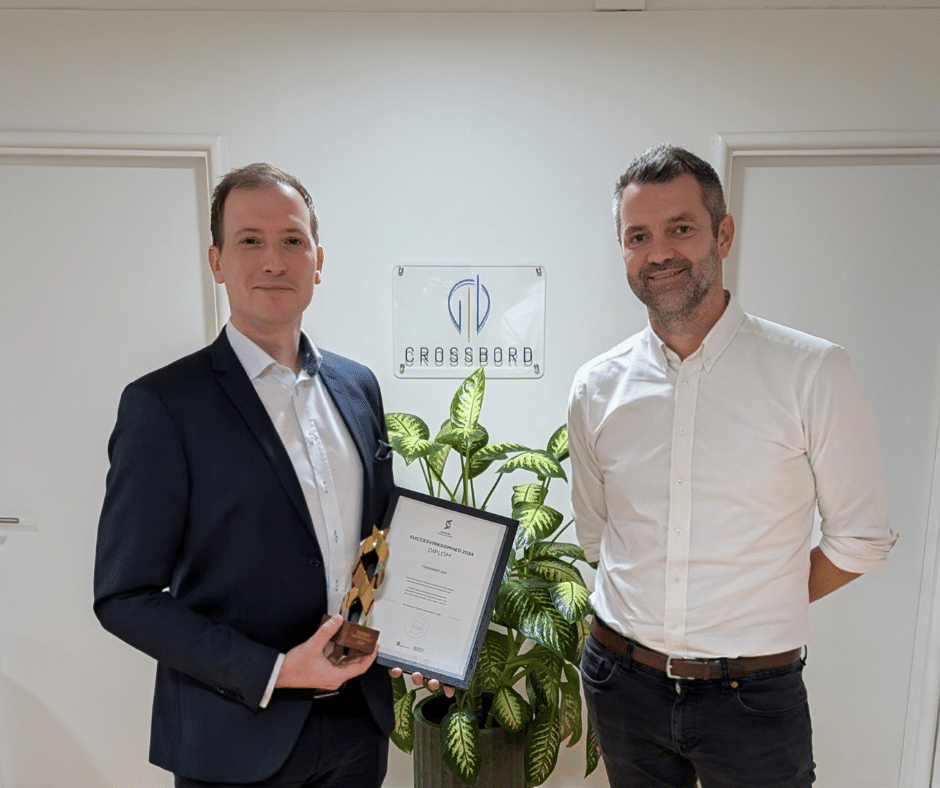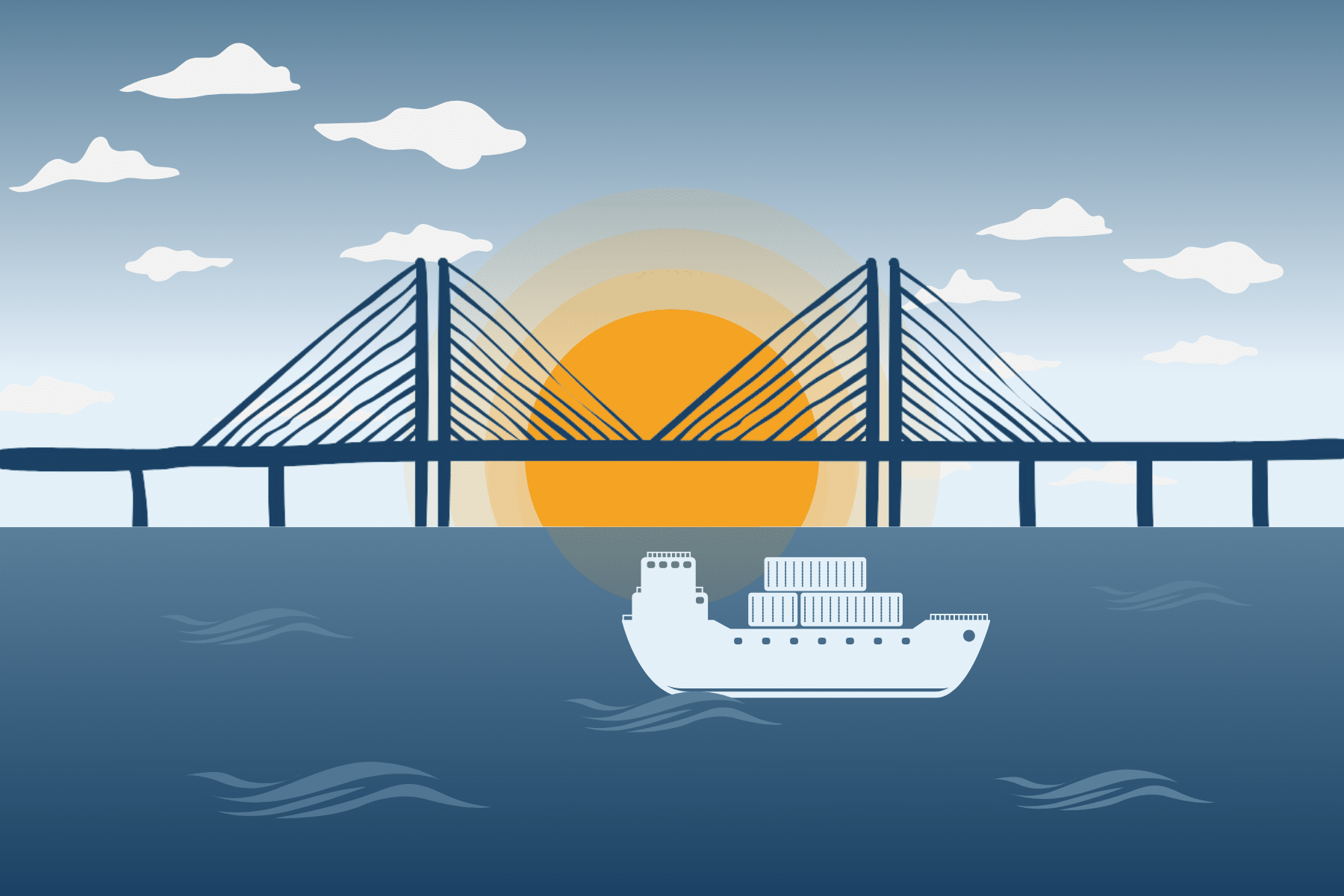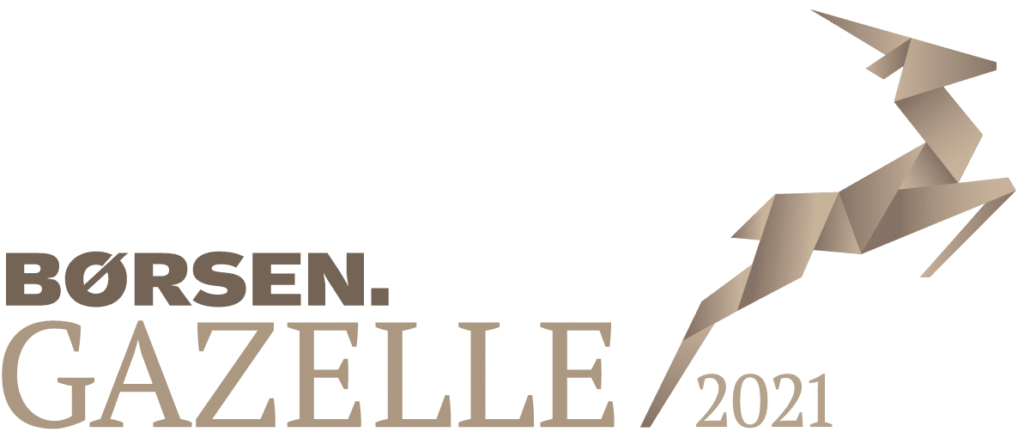A project to build two energy islands in Denmark, the largest construction project in Danish history to date, have been greenlit by the Danish government, one in the North Sea, and in the Baltic Sea. Read more about the Danish energy islands in general, the introduced taxation in brief, or compliance and taxation in regards to the energy islands.
Taxation of individuals
Activities and geography
In addition to the existing rules on taxation of individuals for personal services (employment) the act expands the geographic area of the legislation to encompass the exclusive economic zone when the activity is connected to establishment, construction, operation, and use of artificial islands (energy islands), installations and facilities.
The definitions are to be understood broadly regarding any type of work, which has a direct connection to the islands, installations, or facilities.
The tax liability will also include work related to cables/pipes, but it will be limited to cables that are connected to Denmark’s land or territorial waters (inside the 12 nautical miles) or if the cables/pipes are related to the operation of the artificial islands, installations, or facilities.
Lastly, cables and pipes related to investigations or utilisations of the continental shelf’s resources are also encompassed by the tax liability as well.
The commentary to the legislation provides work related to the energy islands, wind park facilities, and the CO2 storage facilities as areas where the taxation will apply.
For an individual to become limited taxable of the income related to the activities, there should be either a resident (Danish) employer, a foreign employer’s permanent establishment in Denmark (the exclusive economic zone), or 183 days of stay in Denmark during a 12 month period. For the latter, the commentary specifically excludes stays outside the 12 nautical mile border, which will generally mean that stays on the energy island in the North Sea will not count as part of the 183 days.
Income
All income (remuneration) that relates to the work performed in Denmark (including in the exclusive economic zone) will be subject for taxation. This accounts for salary, bonus, benefits in kind, allowances, holiday pay, etc.
Denmark is only able to tax income earned while physically present here, which means that if an individual spends 50 % of their workable time in Denmark, it is only 50 % of their income that will be subject for taxation. It is irrelevant when and from where the remuneration is paid.
Hiring-out labour
The rules on hiring-out labour are also extended to function in the exclusive economic zone similar to the standard rule on employment income taxation. Hiring-out labour is the situation where an individual is employed by a foreign (non-Danish) employer but carries out work in Denmark for a principal in a way that can be considered integral to the activities of the principal. In other words, if the principal hires not-a-service provider/sub-provider, but instead hires the employees by proxy, the tax liability will occur in accordance with the rules on hiring-out labour.
Double taxation
During the legislative process, the Danish Ministry of Tax has verified that they consider the Danish double tax treaties possible to amend from a single country perspective as the territorial definition of “Denmark” is a domestic prerogative. Therefore; there is, generally, no need to consider specific clauses/articles on work outside the coast as the territory definition in the treaty will now make it possible to apply the standard rules/definitions on permanent establishment and allocation of profits.
In accordance with the above, the same principle will apply for allocation of taxation right to income from personal services (salary etc.).









 ® – 2024. All rights reserved. Crossbord
® – 2024. All rights reserved. Crossbord